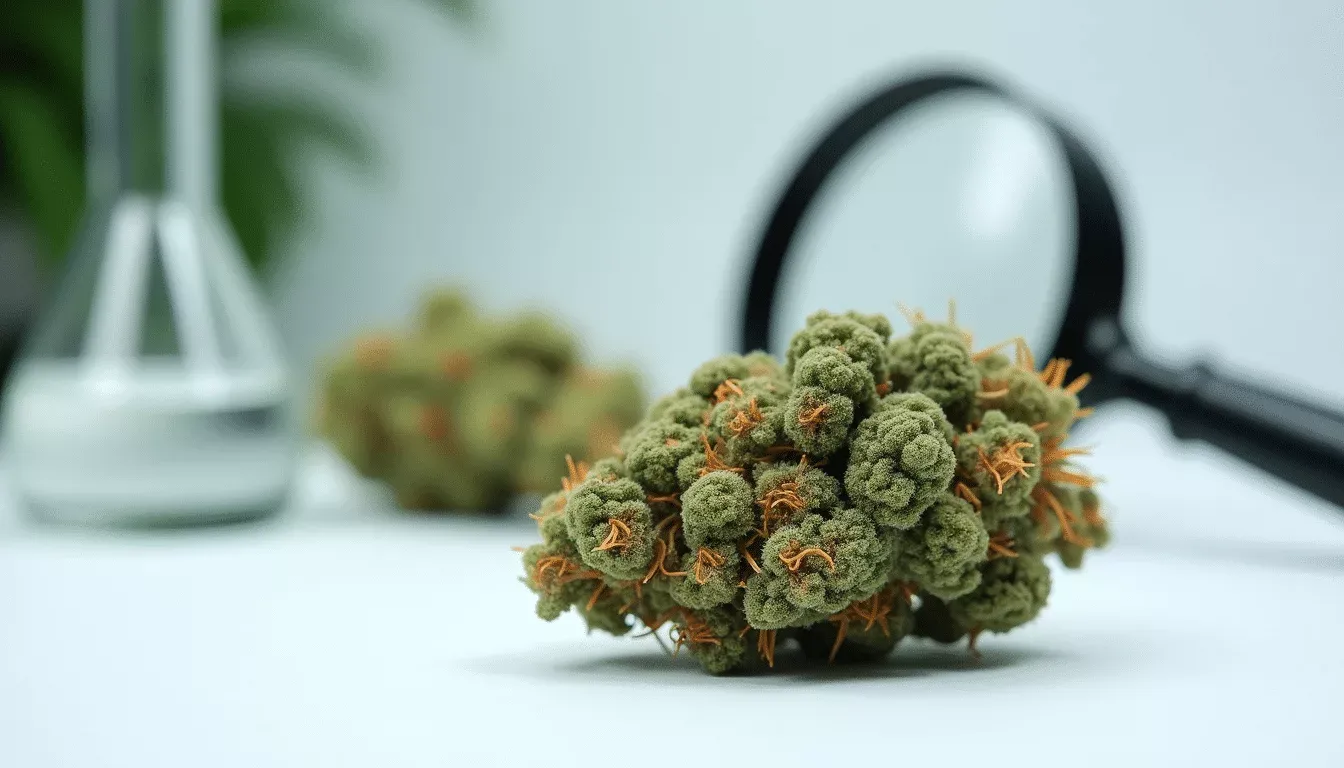Everything you should know about CBD oil
In recent years, the world has become increasingly curious about CBD oil. Have you walked through your local pharmacy or browsed online, only to be met with a plethora of CBD products? Or perhaps you’ve heard stories from friends about how CBD has transformed their wellness routines? Whatever the case may be, CBD oil is no longer a niche product—it’s become a buzzword that many are eager to understand. In this article, we will break down everything you need to know about CBD oil—its origins, benefits, practical applications, and some tips for getting started.
Table of contents
The Science and Origins of CBD Oil
CBD, or cannabidiol, is a naturally occurring compound found in the cannabis plant. Unlike its more infamous cousin THC, CBD is non-psychoactive, meaning it won’t get you high. This distinction has placed CBD in the spotlight, particularly among those seeking the therapeutic benefits of cannabis without the euphoric effects.
The cannabis plant has over 100 different cannabinoids, but CBD and THC are the two most studied. CBD is derived primarily from hemp plants, which contain only trace amounts of THC (less than 0.3%). This legal threshold allows for the commercial cultivation of hemp and has paved the way for a booming CBD industry. According to a report by Grand View Research, the global CBD market size was valued at approximately $2.8 billion in 2020 and is expected to expand at a compound annual growth rate (CAGR) of 21.2% from 2021 to 2028, illustrating the growing interest and acceptance of CBD products.
How does CBD work? It interacts with the endocannabinoid system (ECS), a complex cell-signaling system found in the human body that helps regulate various physiological processes such as mood, pain, and immune function. By binding to cannabinoid receptors, CBD can influence the body’s natural responses, promoting balance and overall well-being.
Benefits and Practical Uses
The potential benefits of CBD oil have made it a popular choice among health enthusiasts and researchers alike. While research is still ongoing, here are some of the most recognized benefits of CBD oil based on early studies and anecdotal evidence:
- Pain Relief: Many users report that CBD oil helps relieve chronic pain, whether it’s arthritis, migraines, or muscle aches. A study published in the journal Frontiers in Pharmacology indicated that CBD significantly reduced rats’ pain responses, hinting at its potential for human use.
- Anxiety and Depression Management: Another compelling area of research is CBD’s impact on mental health. Studies suggest that it may help reduce anxiety and depression symptoms. For example, a 2019 study in The Permanente Journal showed that CBD appeared to reduce anxiety in 79% of participants in the first month of use.
- Improved Sleep Quality: Many people struggle with insomnia and poor sleep quality. Preliminary evidence indicates that CBD oil might improve sleep patterns. A study from 2019 found that CBD improved sleep scores in 66.7% of participants.
- Skin Health: CBD’s anti-inflammatory properties make it a viable skincare ingredient. It may help manage skin conditions like acne by regulating sebum production and reducing inflammation.
While these benefits are promising, it’s essential to approach CBD oil as a complementary option rather than a definitive cure. Individual responses vary, and consulting a healthcare provider before starting is advisable, especially for those on medication.
Tips and Recommendations
If you’re considering trying CBD oil, you may feel overwhelmed by the choices. Here are some practical tips to help you navigate the process:
- Choose Quality Products: Not all CBD oils are created equal. Look for products that have undergone third-party lab testing, ensuring their purity and potency. Reputable brands will provide Certificates of Analysis (COAs) on their websites, detailing the contents of their products.
- Understand Dosage: Start with a low dose and gradually increase it based on your body’s response. A typical starting dose is around 5-10 mg of CBD per day. You might consider keeping a journal to track your dosage and effects.
- Consider Your Method of Consumption: CBD oil can be consumed in various forms—tinctures, capsules, edibles, or topical applications. Tinctures are absorbed quickly under the tongue, while edibles and capsules take longer to kick in but provide longer-lasting effects. Choose the method that fits your lifestyle.
- Be Mindful of Drug Interactions: If you’re taking other medications, consult with a doctor. CBD can interact with certain medications, so it’s crucial to check for potential interactions before starting.
- Stay Informed: The landscape of CBD research is growing rapidly. Stay updated by reading reputable sources or studies. Organizations like the National Center for Biotechnology Information provide valuable insights into new findings.
The journey into the world of CBD oil can be exciting, but it’s crucial to proceed with caution and informed curiosity.
Conclusion
As we’ve explored, CBD oil isn’t just another wellness fad—it’s backed by a growing body of research that suggests it has significant potential benefits for various conditions. By understanding its origins, effects, and the best ways to incorporate it into your daily routine, you can make informed decisions about your health and wellness.
We’ve only scratched the surface of what CBD oil can do. Whether you’re curious about its effects on anxiety, pain relief, or skin health, plenty of resources are available to help you dive deeper. If you found this article insightful, share it with others who might benefit or leave your thoughts in the comments below. And remember, like any wellness journey, finding what works for you takes time and patience. Happy exploring!
FAQ: Everything You Should Know About CBD Oil
1. What is CBD oil?
CBD oil is a natural extract derived from the cannabis plant, specifically from the hemp variety, containing cannabidiol (CBD) as its primary active ingredient, which is non-psychoactive.
2. What are the potential benefits of CBD oil?
CBD oil is believed to offer several potential health benefits, including relief from anxiety, chronic pain, inflammation, epilepsy, and may also aid in sleep disorders.
3. Is CBD oil legal?
CBD oil’s legality varies by location; in many regions, it is legal as long as it contains less than 0.3% THC, but it’s important to check local laws.
4. How do I use CBD oil?
CBD oil can be taken sublingually (under the tongue), added to food and beverages, or applied topically, with dosages varying based on individual needs and product strength.
5. Are there any side effects of CBD oil?
While generally considered safe, CBD oil can cause side effects in some individuals, such as fatigue, diarrhea, changes in appetite, and interactions with certain medications.
Share this content:



